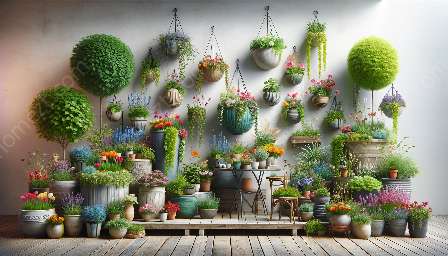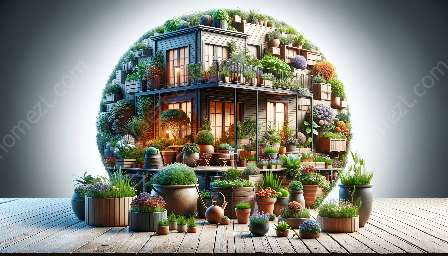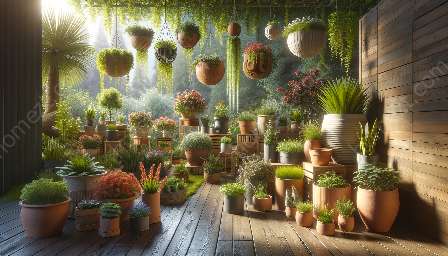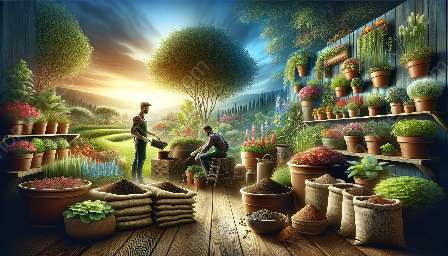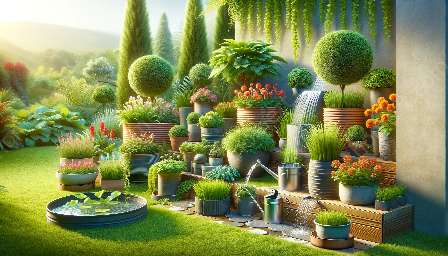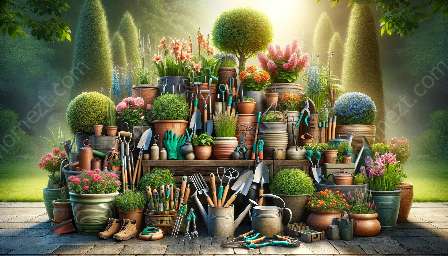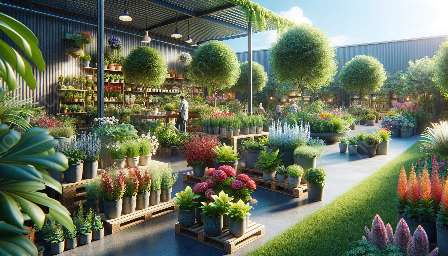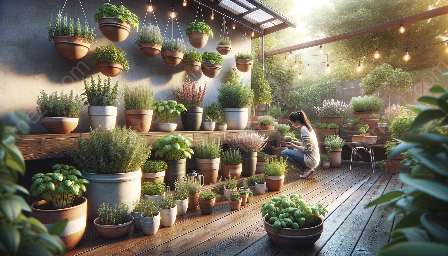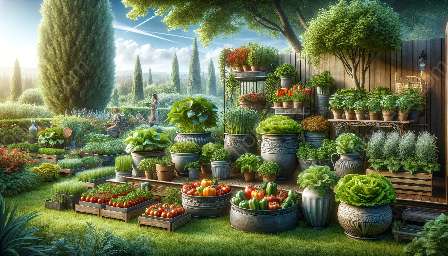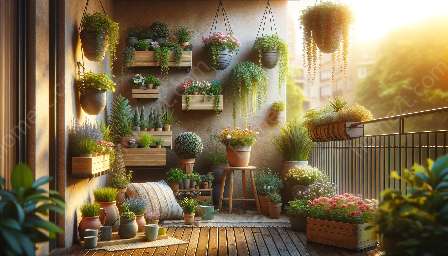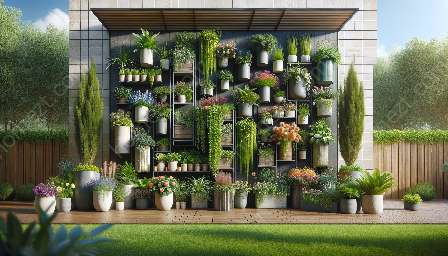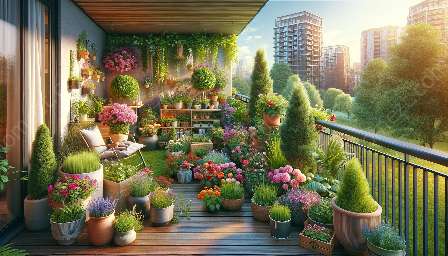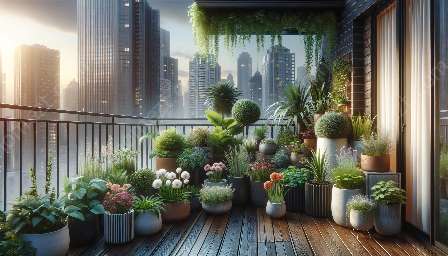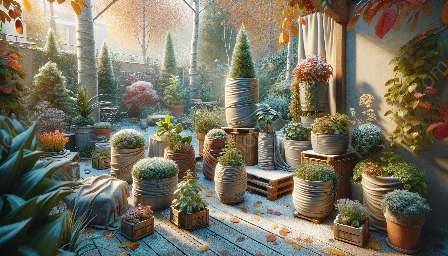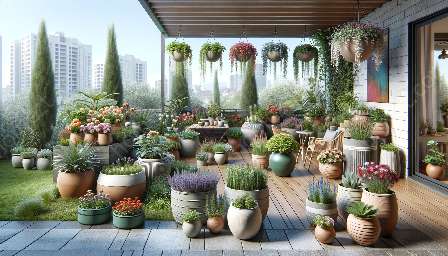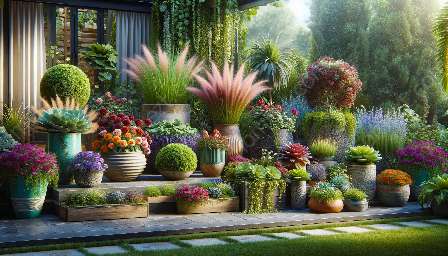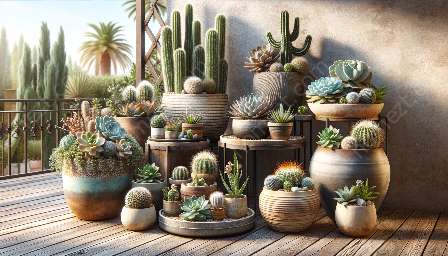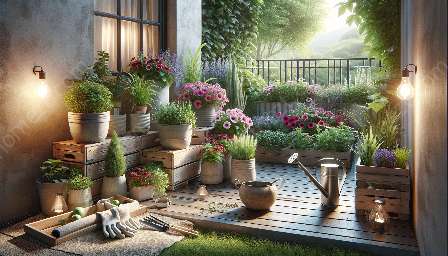Container gardening is an excellent way to cultivate herbs in a limited space, whether you're working with a small outdoor patio, balcony, or even a sunny windowsill. By choosing herbs that are well-suited for container cultivation, you can create a flourishing herb garden that not only provides fresh, flavorful additions to your meals but also adds beauty and fragrance to your living space. In this comprehensive guide, we'll explore the best herbs for container gardening and provide you with essential tips for selecting, planting, and caring for your container-grown herbs.
Benefits of Container Gardening for Herbs
Container gardening offers a host of benefits for growing herbs. It allows you to control the herb's growing environment, including soil type, moisture levels, and exposure to sunlight, ensuring that each herb receives the ideal conditions for its optimal growth. Furthermore, container gardening provides the flexibility to move your herbs to different locations based on seasonal sunlight patterns or weather conditions, maximizing their chances of thriving.
Gardening in containers also minimizes the risks of pests and diseases that can affect herbs when grown directly in the ground. Additionally, containers can help contain the expansion of invasive herbs, such as mint, preventing them from taking over your garden.
Choosing the Right Herbs for Containers
When selecting herbs for container gardening, it's important to consider each herb's growth habits, sunlight and water requirements, and its potential size at maturity. Here are some excellent choices for container-grown herbs:
- Basil: A popular herb with a variety of flavors, basil thrives in containers and benefits from consistent watering and ample sunlight.
- Parsley: This versatile herb is well-suited for container gardening and can be grown as a decorative, edible plant.
- Thyme: With its low-growing habit and aromatic foliage, thyme is an excellent choice for containers, especially in sunny locations.
- Chives: These perennial herbs perform well in containers and produce edible flowers that are attractive to pollinators.
- Rosemary: Known for its fragrant, needle-like leaves, rosemary is well-suited for container gardening, provided it receives sufficient sunlight and well-draining soil.
- Mint: While mint can be invasive, growing it in containers helps contain its spread while also making it easy to access for harvesting.
- Cilantro: This herb prefers cooler temperatures and benefits from being grown in containers, allowing you to move it to a shaded area during hot weather.
Essential Tips for Successful Container Gardening
Once you've chosen the right herbs for your container garden, it's essential to provide them with the care they need to thrive. Here are some crucial tips for successful container gardening:
- Choose the Right Containers: Select pots or containers that provide adequate drainage to prevent waterlogged soil, and ensure that they are large enough to accommodate the herb's root system.
- Use Quality Potting Mix: Invest in a high-quality potting mix that provides good drainage and aeration, as well as essential nutrients for your herbs.
- Monitor Watering: Herbs in containers may require more frequent watering than those grown in the ground. Check the soil moisture regularly and adjust your watering schedule based on the herb's specific needs and the prevailing weather conditions.
- Provide Adequate Sunlight: Most herbs thrive in full sunlight, so position your containers in a location that receives at least 6-8 hours of direct sunlight per day.
- Prune and Harvest Regularly: Encourage healthy growth and prolong the productivity of your container-grown herbs by pruning them regularly and harvesting their foliage for culinary use.
By following these tips and choosing the right herbs for container gardening, you can create a vibrant and bountiful herb garden that enriches your living space and culinary experiences. Whether you're a seasoned gardener or just starting with container gardening, the joy of watching your herbs thrive and the satisfaction of harvesting fresh, home-grown herbs will undoubtedly inspire you to continue growing and experimenting with new varieties of herbs in containers.

